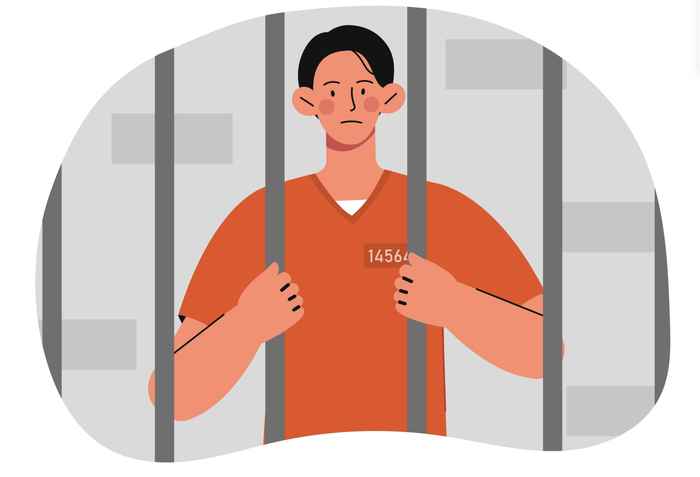If research shows that punishment is ineffective, why punish harder and harder?
Amsterdam Law School
20 June 2024

‘I studied psychology and did a Master's in legal psychology. During my Master's, I kept coming across examples from legal practice that were at odds with research. How is it that we put so much energy into research, but little seems to be used in legal practice?’
Where do you see it going wrong in legal practice?
‘A telling example is the call for harsher penalties. A bill was recently passed to increase the maximum penalty for manslaughter in traffic offences. Each time, there is an implicit thought behind this: increasing the penalty will deter people from committing a crime. But in science, we see that harsher punishment is not effective. Higher punishment can have negative effects. And yet that keeps coming back every time as a solution to crime.’
Aren't those mostly political decisions?
‘It is certainly partly political. Everyone has intuitive feelings about punishment. You come into contact with it as a child or during your studies. It’s one of the ways to change behaviour. We all have a strong idea about it. But if you impose a 30-year prison sentence with the intention of changing behaviour, it goes against science. The intuitive feeling then does not match the research findings. That also shows the power of research. We cannot rely on intuition alone. We need research to get a more objective picture.’

You can perhaps rely more on intuition
Are people aware of that mismatch?
‘I don’t think so. I notice it myself. I have read all the research on punishment and noticed that my ideas and feelings influence my perception. What is effective and what feels good are not always the same. That makes it interesting because legislative proposals are about the effectiveness of the policy, and then you have to look at the research. But in the question “What is right?” you can perhaps rely more on intuition.’
Are lawyers open to social science research?
‘I feared they would be very negative about it, but it wasn’t too bad. I interviewed 65 people from legal practice, and the vast majority saw the added value of research. But at the same time, they see many obstacles: research is not always accessible, or they don’t have enough time to delve into it. This provides insight. It’s not enough to do important research. You also have to make sure the results reach the right people. But there are always people who don’t see the point. They say they see enough in practice and prefer to rely on their intuition.’
How do you better reach lawyers who are receptive to research findings?
‘There is an ideal answer and a realistic one. The ideal takes more time: sitting down occasionally and engaging in conversation. But I also understand that a prosecutor cannot take a day off every month for that. Officers can also talk about it among themselves, and social scientists can give occasional presentations to practitioners about their research. It’s small steps.’
We need to talk about evidence-informed legal practice
Are you hopeful that legal practice will make more use of research?
‘Social scientists are sometimes frustrated that their research is not catching on and that lawyers don’t want to get involved. Nor is it that social scientists should sit in the judge’s chair because their research proves something. However, questions are asked in law about effectiveness and not just what is right or wrong. To fight crime effectively, you need social science and empirical science. We need to talk about evidence-informed legal practice. At the same time, as social scientists, we sometimes forget that other considerations are involved besides those from our research. It is vital that there is more mutual understanding and that we dare to learn from each other.’